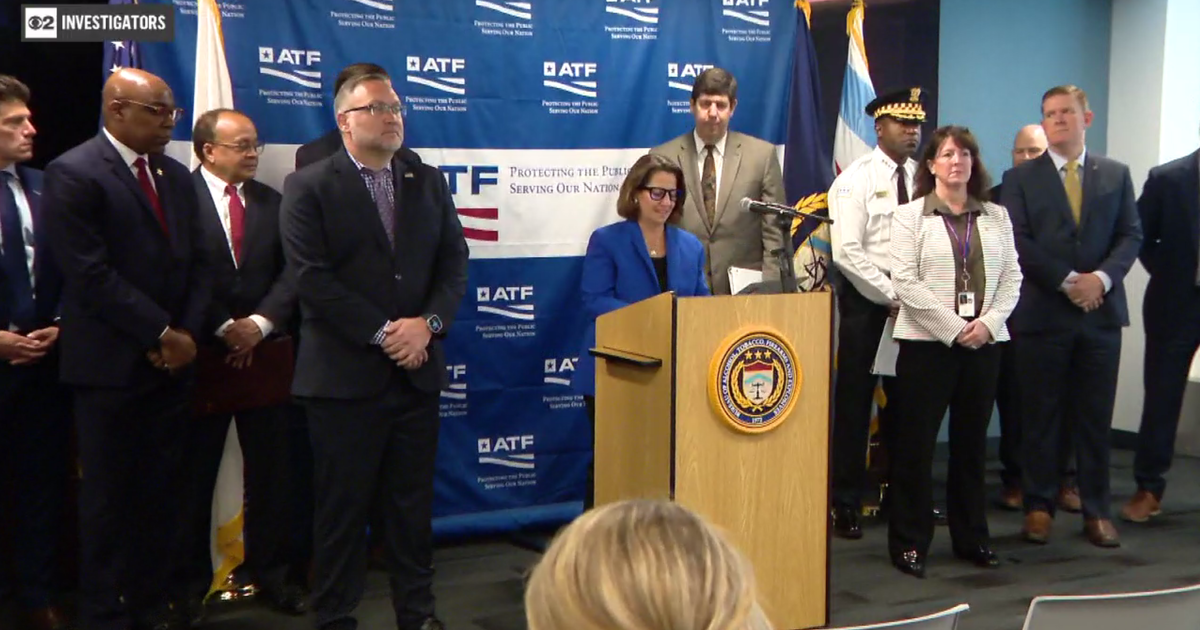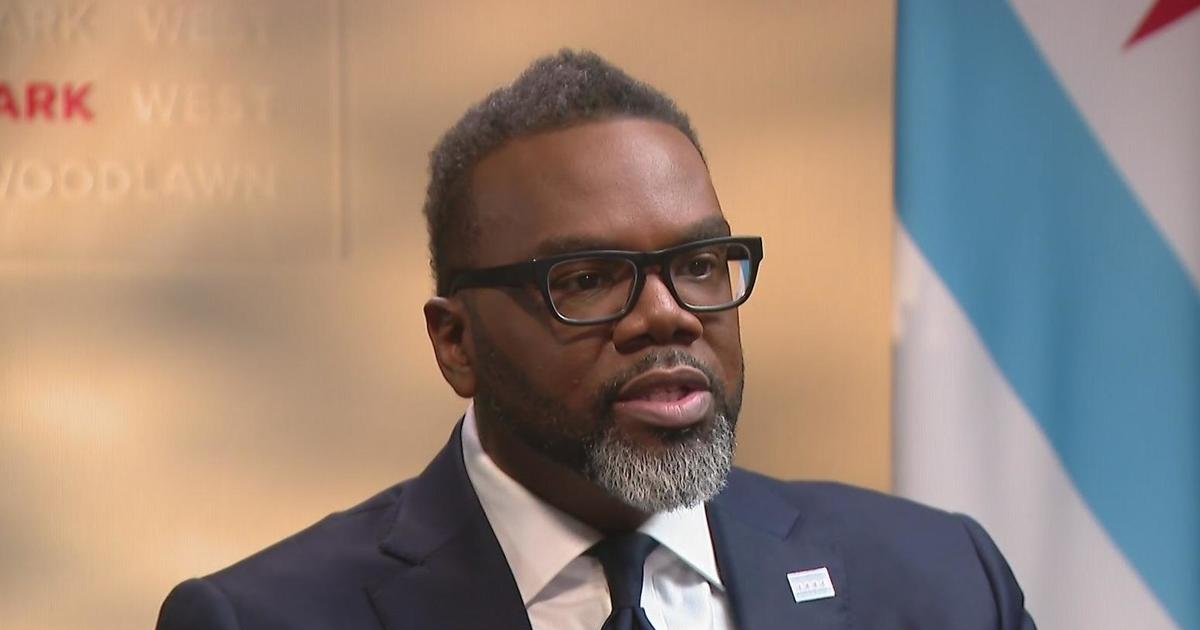Rauner Still Not Giving Details On Economic Plans
CHICAGO (CBS) -- Governor-elect Bruce Rauner remained mum Wednesday when it came to specifics for his short-term economic plans for Illinois, ahead of a meeting with the state's top lawmakers.
Rauner still had not spoken with House Speaker Michael Madigan or Senate President John Cullerton by the time he met with reporters Wednesday afternoon for his first press conference as governor elect, but he said a three-way meeting was being scheduled.
Meantime, he has spoken to other lawmakers, and he made it clear he won't outline specific plans to address the state's fiscal problems without making the General Assembly a part of the equation.
"I will be holding meetings with members of the General Assembly, very intensively, between now and January, to begin to lay the groundwork to come up with real solutions – bipartisan solutions – to solve our problem," he said.
Podcast
While Rauner said he still opposes permanently extending the 2011 income tax hike, as Gov. Pat Quinn wanted, he still would not say what he hopes to do to make up for the billions in revenue that will be lost when the income tax rate drops from 5 percent to 3.75 percent in the new year.
Rauner also said he hopes lawmakers don't act in their veto session to raise the state's minimum wage.
As his term comes to an end, Quinn has said he would like to pass legislation to raise the state's minimum wage from $8.25 per hour to $10 per hour. Rauner's position on the issue has wavered in the past, but he said he strongly favors increasing the rate, but only if it's accompanied by pro-business reforms, such as changes in workers' compensation laws and tort reform.
"I think it's critically important that we have a comprehensive solution. If we only do one thing, and not the others, we could end up hurting many families that we were really trying to help," he said.
On the whole, Rauner said he hopes lawmakers don't take any significant actions during their upcoming veto session, when lawmakers might be more willing to approve controversial legislation, now that they don't face re-election for at least two years.



